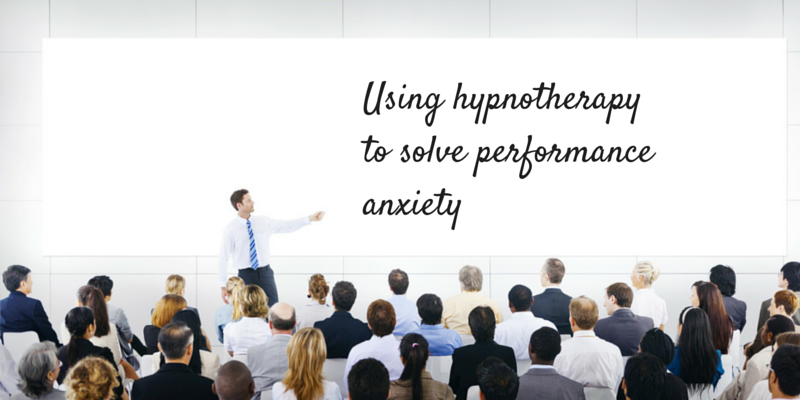Page 21 - Wellness Institute Blog
-
- February 16, 2016
Obsessive-compulsive disorder (OCD) is characterized by unbidden obsessive thoughts and/or compulsory physical activities that are experienced as dysfunctional. Some OCD conditions are clearly genetic; research has demonstrated the significant role played by heredity. Some OCD conditions can be explained by certain information-processing deficits and/or
-
- January 20, 2016
“We don't deal well with death and dying in this culture," says Roland Griffiths, PhD, a professor of behavioral biology and neuroscience at the Johns Hopkins University School of Medicine. Being diagnosed with a potentially fatal disease often leads to a kind of chronic syndrome of anxiety, depression and emotional distress.
Those final days/weeks/months
-
- January 12, 2016
Have you been wondering how to become a hypnotherapist, but not sure if it's worth your precious time? If you’re like me, you’re a therapist who is always looking for ways to increase your effectiveness with clients. But how do you know what is truly effective? And more importantly, how do you decide what training to invest in?
I’ve had difficulty
-
- December 23, 2015
Many of us here at the Wellness Institute are the therapists and healers in our own networks. Since we play that role, we often get this question:
"how can I bring something meaningful to change previously unhealthy holiday get-togethers?"
It's an important question. The holiday season can be an inspiring time of the year that fills our communities
-
- December 09, 2015
Are you among the many therapists who just expect your practice to decline over the holidays? Many therapists naturally expect cancellations during certain times of the year (Christmas, Valentines Day, Easter, Summer, etc.) and now just begin to plan for that! They try to normalize this with trite phrases such as, “Oh this is just what happens at this
-
- December 01, 2015
Nearly 1 in 10 Americans every year suffers from depression, whether it’s brought on by a loss, life transition, or traumatic event; or caused by a chemical imbalance. As a professional therapist, it’s likely that many of your clients suffer from some form of depression and just as likely you’re in search of the most effective way to treat them, allowing
-
- September 01, 2015
About this series: Over the next few weeks, we will be discussing the work of Carl Jung on this blog and the role his work plays into hypnotherapy. Today's post is about the way that complexes organize themselves into clusters, which become a way for children (and latet, adults) to view the world in a shallow, archetypal, manner.
Complexes are the
-
- August 18, 2015
About this series: Over the next few weeks, we will be discussing the work of Carl Jung on this blog and the role his work plays into hypnotherapy. Today's post is about the development of complexes during childhood, and the role they play in the subconscious and the Ego.
A child creates a set of behaviors established to defend against psychic and/or
-
Accessing the Subconscious Mind: Using Third Person Perspective and the Hypnotic Trance State [Jung]
- August 11, 2015About this series: Over the next few weeks, we will be discussing the work of Carl Jung on this blog and the role his work plays into hypnotherapy. Today's post is about the Third Person Perspective/Hypnotic trance state and how it helps clinical therapists gain easier access to the subonscious mind of their clients.
Freud and Jung both used hypnosis
-
- July 28, 2015
Over the next few weeks, we will be discussing the work of Carl Jung on this blog and the role his work plays into hypnotherapy. Jung briefly incorporated hypnosis into his clinical practice, which initially drove his client base. He later abandoned hypnotherapy in favor of dream work and his self-developed "active imagination" technique.
While he avoided








